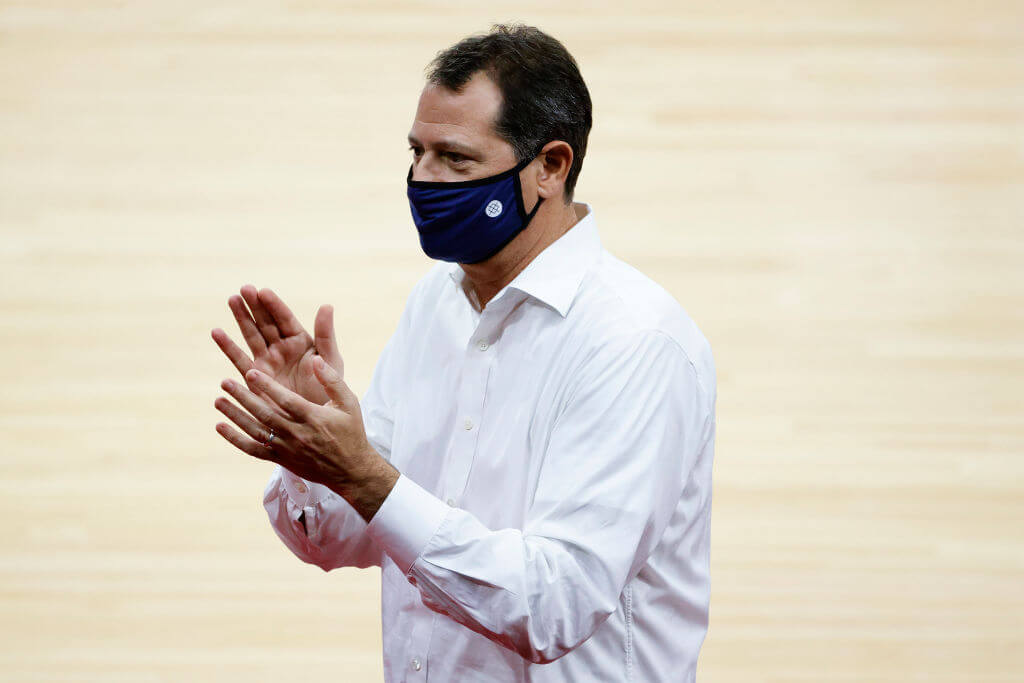BimboColesHair
Hall-of-Famer
- Joined
- Dec 31, 2011
- Messages
- 22,518
- Reaction score
- 58,390
- Points
- 148
Why are we talking about team performance when it comes to a MINORITY owner.
Just an argument for arguments sake.
Just an argument for arguments sake.
